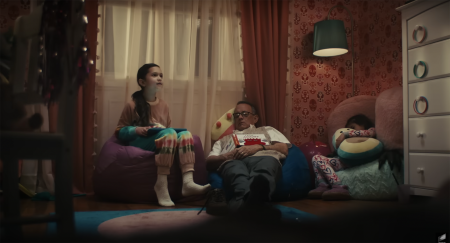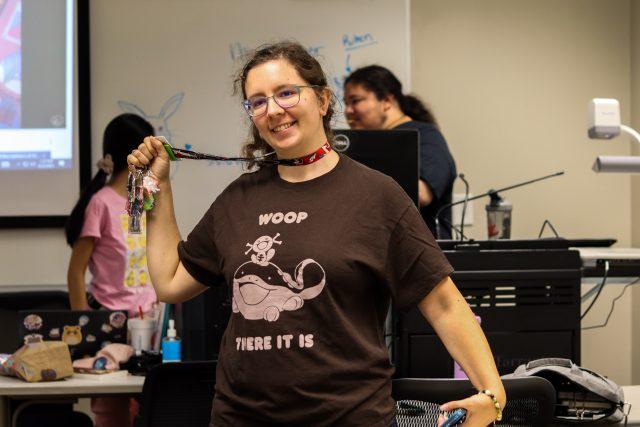
Photo courtesy of Columbia Pictures
HOPE SMITH
managing editor
hope.smith393@my.tccd.edu
Having read the book “A Man Called Ove” many years ago in middle school, it felt only right to watch the movie adaptation “A Man Called Otto” many years later. The hope was that like all those years ago, the story would still have as much of an impact in film as it did written down.
So, in a weird way, it was good to see people cry by the end of the movie in the theater. It did its job.
As an adaptation, it did as much as it could with the storyline. If you’ve read the book, there were big details left out but what is a movie adaptation if not leaving portions of the book’s storyline out.
Or, as it happens, changing the name of the main character. Understandable, however, as the original story and name is Swedish and the movie adaptation takes place in America, thus Otto.
Capturing not only the main character but the other’s as well was so important. Otto was a man against time and change. He functioned in a world of yes and no, and he was particular and precise. Simple and sensible.
The family that moved across from him was all sorts of change and movement, two young girls and a baby on the way.
Having said that, the movie captured them very well. Otto started off with a sharp, mean exterior, but the movie progresses and the viewer gets to watch the small kindnesses he gives to people in his own way.
No matter how gruff he wanted to be, he was ready to help his neighbors and give a home to someone who was turned away from their own because of their identity.
In fact, a point that was so crucial to keep that the film did in fact stay true, was Otto’s heart condition that stopped him from enlisting from the military: his heart was too big.
It was so important because it was a physical representation of no matter how he felt life had hardened him, inside he had a loving soul that wanted to help people.
The family of four, almost five, was played out perfectly in that they kept Marisol’s character as her persistent, loving and intelligent self. She was such a pivotal character that if she had been done any other way it would have dulled the whole movie.
It was hard not to love her and her family in the film, with all of their quirks and window opening struggles, and Otto’s inability to turn them down is undeniably admirable
If someone had never read the book, the movie would still have been able to represent the story. It was strong and emotional all throughout. The world changing around Otto and Otto’s initial resistance to acceptance not only pulls the audience in, but it makes the audience relate and feel for Otto.
Otto’s relationship with his wife as they grew together is something so sad and sweet. The movie touched on it, and there is a quote from the book that just nearly represents them perfectly: “He was a man of black and white. And she was color. All the color he had.”































